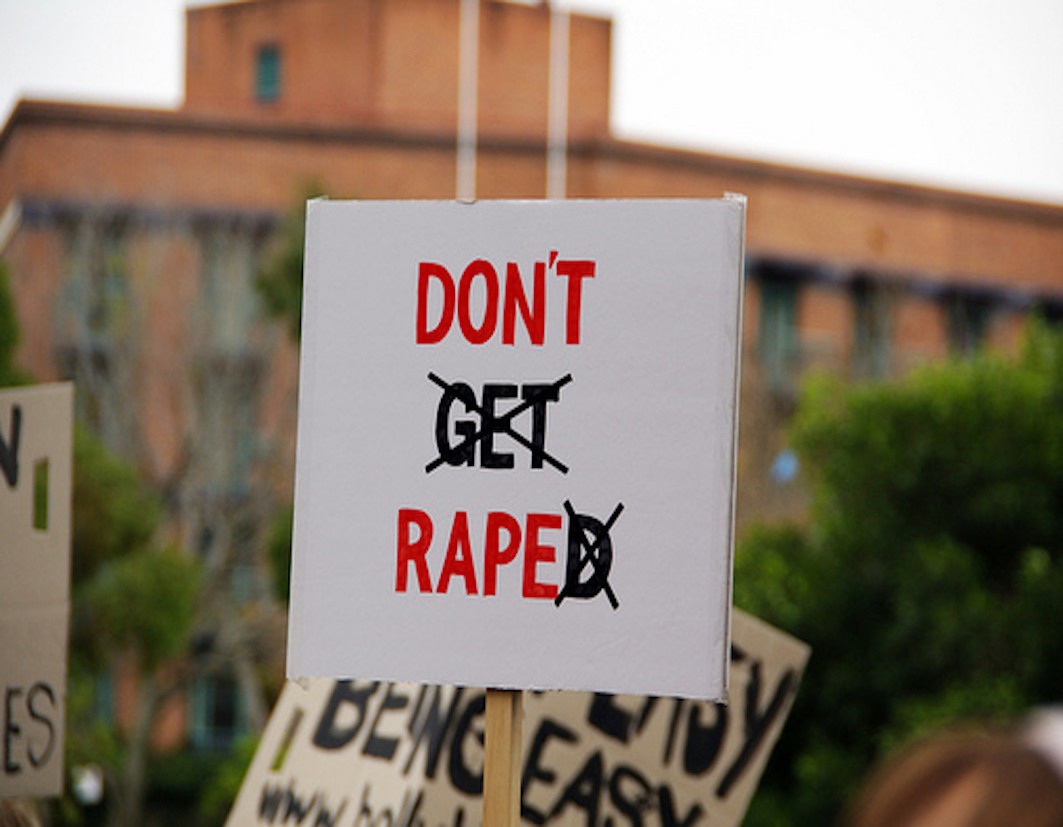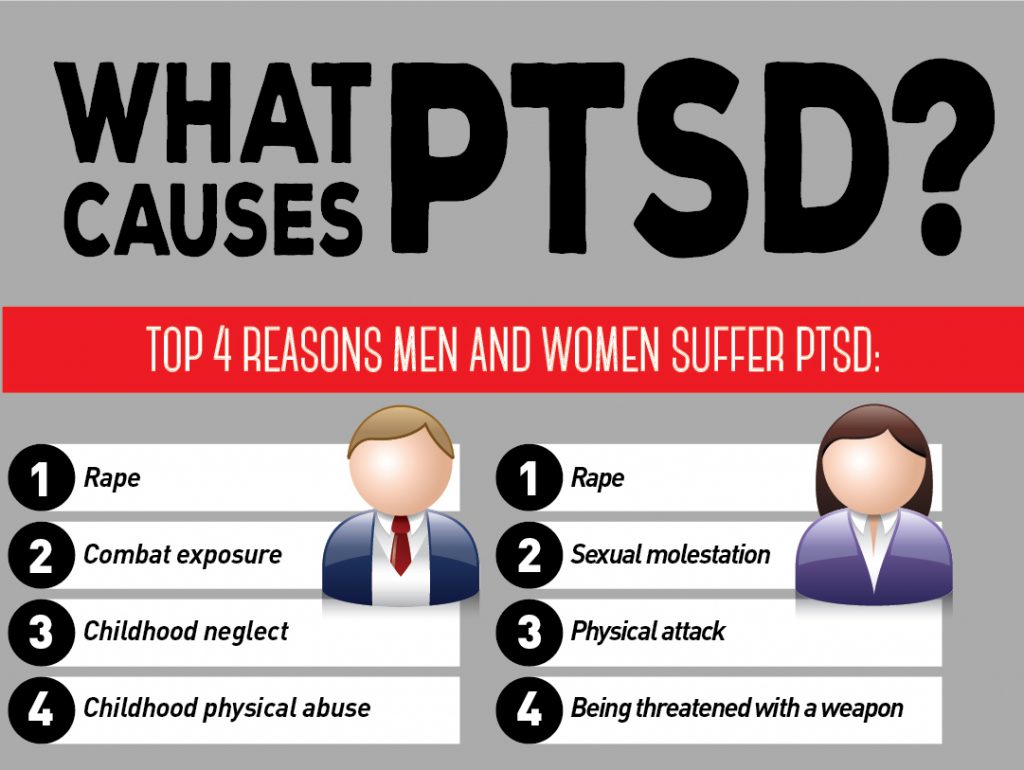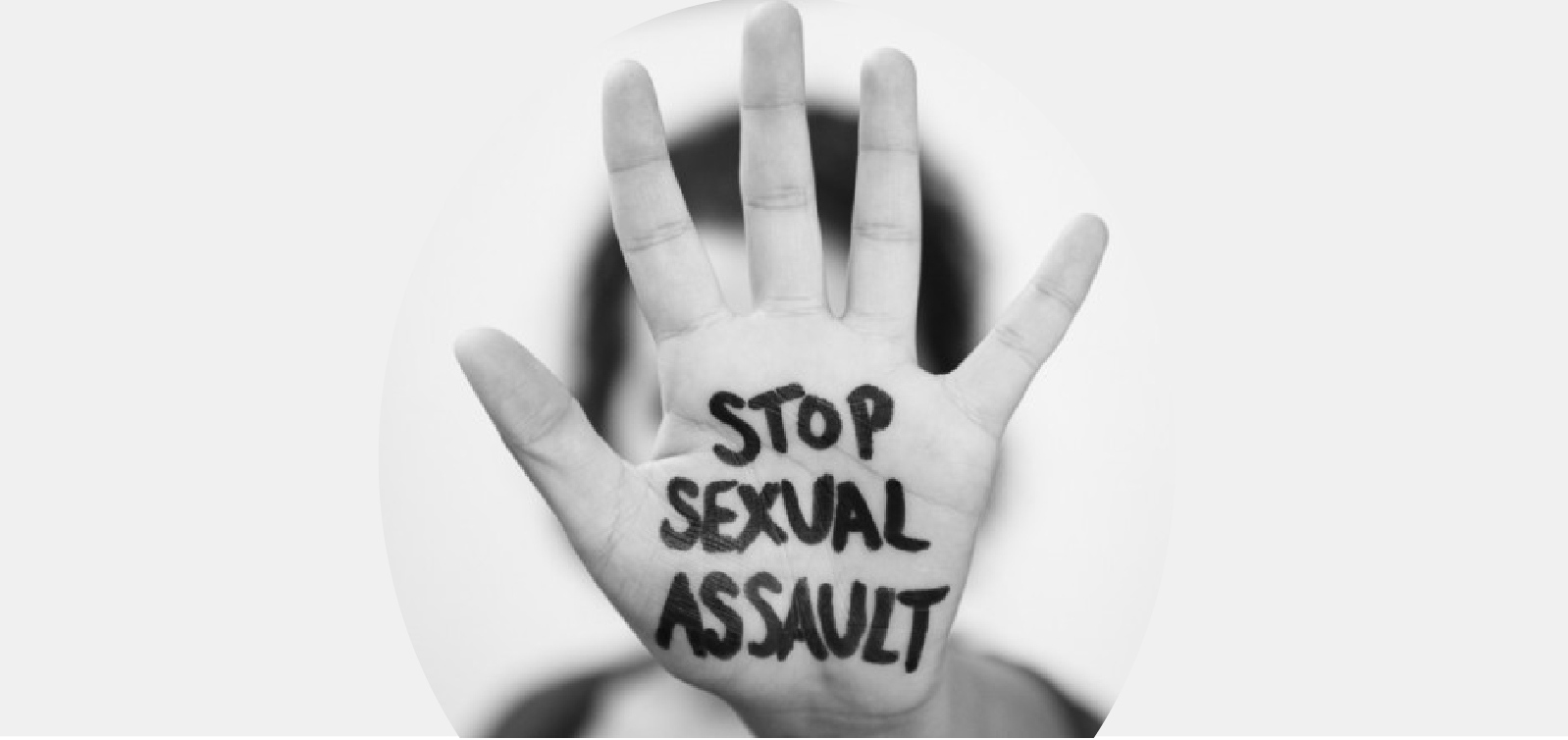Featured image via myAC
In the past few days, the alarming issue of sexual assault and rape has taken social media by storm in Egypt, after alleged sex offender Ahmed Bassam Zaki was accused of sexually assaulting more than 50 victims. Amidst the patriotic activists seeking change, the rape apologists, and the recent detainment of Zaki, we had to take part in fighting the toxic phenomenon of sexual assault and help put an end to rape culture. But how can our society combat this? By raising awareness, educating the public, especially victims or potential victims, and by setting some facts straight.
Things You Need to Know About Sexual Assault
- First things first, what is sexual assault, and what does it entail?
Sexual assault is any unwanted sexual behaviour that causes threatening or uncomfortable feelings for the person being assaulted. This includes rape (forced intercourse or sexual acts), child sexual abuse (forcefully involving a child in sexual activity), and indecent assault (inappropriate behaviour that could take place before, during, or after the incident).2
2. You can’t necessarily spot or identify a rapist. Many offenders can seem friendly and non-threatening whatsoever.
3. Both women and men can fall victim to rape and sexual assault.
4. The way someone dresses is not “asking for it”. Sexual assault is never the victim’s choice or responsibility.
5. Not fighting back is not considered consent. It’s very common for a body to freeze and completely shut down during an assault. The shock and fear may lead to something that is scientifically known as tonic immobility, which paralyses the victim and makes it difficult to move, speak, or even think.
6. Offenders don’t necessarily have to be strangers. Many offenders are known to survivors. It could be a colleague, a friend, a neighbour, a family member, and even a partner or spouse.
7. Previous consent isn’t an excuse for rape. If it’s forced sexual activity, even between married couples, it’s considered rape.

Via The Consent Workshop
How Can You Prevent Sexual Assault?
The first step to ending sexual assault incidents is to speak up if you’re a survivor. Reporting your offender and filing charges is the beginning of change, and possibly saving other potential victims. If you decide to come forward, you can contact the National Council for Women in Egypt by calling 15115.
Aside from that, everyone can play a role in preventing sexual assault, whether you’re a bystander, a friend, or a family member. If you’re a bystander, there are several things you can do if you notice that someone might be in trouble:
- Create a smart distraction such as interrupting a conversation, spilling a drink on the aggressor, turning on the lights or turning off the music at a party, and so forth.
- Directly approach the person in trouble or ask a friend of theirs to do so.
- If the aggressor is drunk, ask a third party who personally knows them to check up on them as an attempt to draw attention to the situation.
- Call for help if you need to. You can refer to an authority at the venue such as a security guard, a manager, or call the police if the situation escalates.
Of course, not all incidents take place in such circumstances when a potential bystander is present. But you still have a crucial role as a friend or family member if someone decides to open up to you about being assaulted. Be understanding and try to make the victim feel safe by talking to you. Don’t discourage them from speaking up for their rights if they’re ready, and most importantly, encourage them to seek professional help to overcome their trauma. And of course, always keep an eye out, and if you notice any suspicious behaviour, address it in a friendly manner.
Recovering From Sexual Trauma
Sexual assault leads to cases of PTSD, or post-traumatic stress disorder. This is a mental health condition triggered by a horrifying incident (such as sexual assault) that causes flashbacks, nightmares, and severe anxiety. Recovery is not easy and is definitely a long process, but it’s always good to know where to start.

Via Psycom
- First of all, you need to open up. Reach out to someone you trust and are comfortable with.
- Seek professional help by seeing a therapist and joining a support group.
- Mentally prepare yourself for disturbing flashbacks. This could be done by paying attention to the signals and clues your body will give you when feeling unsafe (such as racing thoughts or shortness of breath). Also, try to anticipate triggers that may be associated with the incident or the offender, such as places, dates, or certain smells. There are also some methods for self-soothing, such as breathing exercises. In case it hits you, it’s important to try to remind yourself that this is a flashback and not the present moment.
- Feelings of guilt and shame may surface even if you fully understand that this wasn’t your fault. Therapy will definitely help you with dealing with such thoughts.
Putting an end to sexual assault and rape culture requires change that starts when each and every person in society takes part in raising awareness, refuses to stay silent, and actually do something about it.







